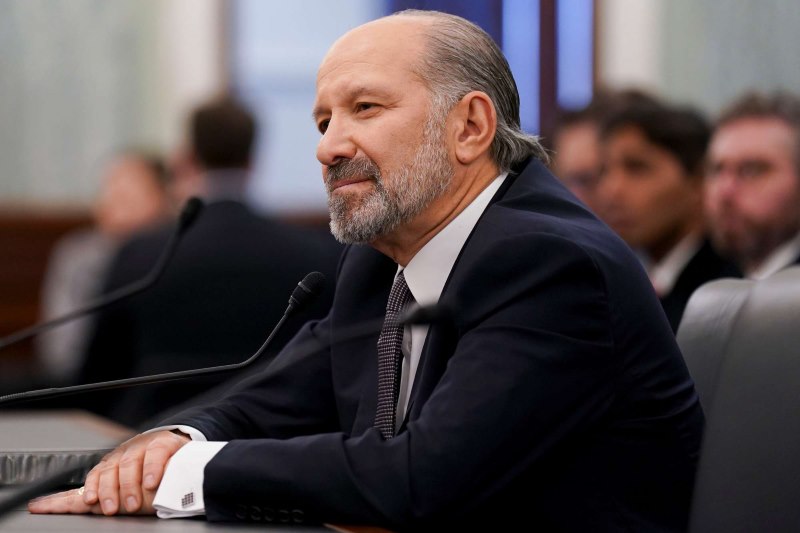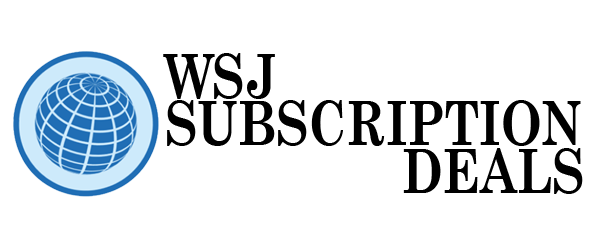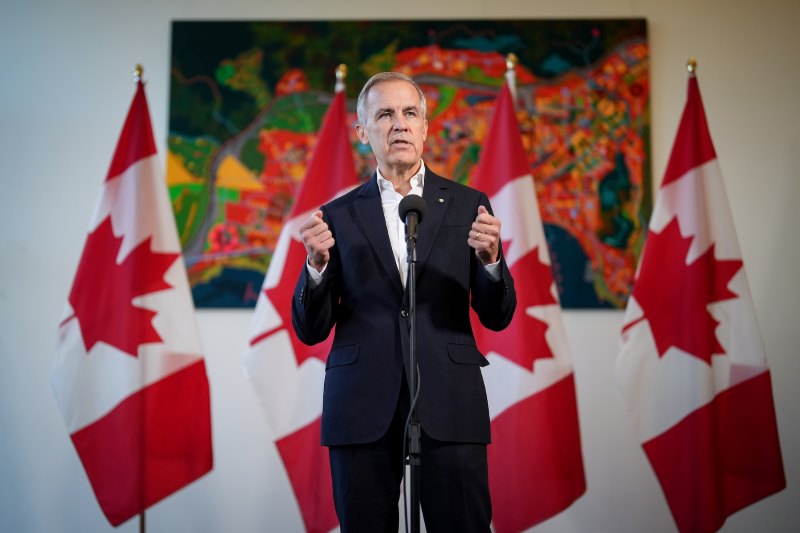Mark Carney has won the Liberal Party leadership race, securing 86% of the vote. This change comes during a critical period, as U.S. President Donald Trump’s administration poses risks to Canada’s economy. Carney, former governor of the Bank of Canada and Bank of England, will soon replace Justin Trudeau. His leadership could shape Canada’s response to ongoing economic challenges.
Carney’s Leadership in a Time of Crisis
At 59, Carney assumes leadership during a time of global economic turbulence, aggravated by U.S. tariff policies disrupting Canada’s trade relations. Over the course of three days, Trump enacted tariffs on Canadian goods, followed by threats targeting Canadian lumber and dairy. The situation culminated in a 25% tariff on steel and aluminum imports, effective March 12.

Howard Lutnick’s Urgent Negotiations Amid U.S. Tariffs
Howard Lutnick’s, the U.S. Commerce Secretary, swiftly contacted Ontario Premier Doug Ford following the implementation of U.S. tariffs…
Canada’s Strong Stand Against U.S. Aggression
Trump’s rhetoric has sparked resistance in Canada, with citizens boycotting American products and urging the government to find alternative trade partners. Carney, in his victory speech, asserted, “America is not Canada. And Canada will never, ever, become part of America.” He has committed to retaliatory tariffs on U.S. goods and investing proceeds in supporting Canadian workers.
A Vision for Economic Growth and Sovereignty
Mark Carney pledged to strengthen Canada’s economy, aiming to make it the top economic force within the G7. Furthermore, he intends to position Canada as an “energy superpower” by cultivating new trade routes with reliable partners. Additionally, Carney’s strategy includes reducing trade barriers. Finally, he plans to reverse unpopular policies, such as the capital gains tax increase.
Leadership Experience Amid Political Challenges
Despite a career in crisis management, having led central banks during pivotal events such as the global financial crisis and Brexit, Carney lacks a seat in Parliament. This political inexperience could pose challenges as he prepares to govern. However, he remains focused on fostering innovation and reducing internal trade barriers.
Navigating Political Pressure and the Election Decision
Carney faces a critical decision on whether to call an early election or form a temporary government. Meanwhile, Canada must hold elections by October. Given the Liberals’ fragile position and opposition attacks from Pierre Poilievre, the election may come sooner. Additionally, Poilievre has targeted Carney for his business dealings and lack of financial transparency.
Trudeau’s Final Speech and the Country’s Future
As Trudeau prepares to step down, he urged Canadians to remain resilient against U.S. economic pressures, calling the situation a defining moment for the nation. “Democracy, freedom, and even Canada’s future are not guaranteed,” he warned. The transition to Carney’s leadership marks a turning point, as the new prime minister navigates the challenges posed by Trump’s aggressive policies.


